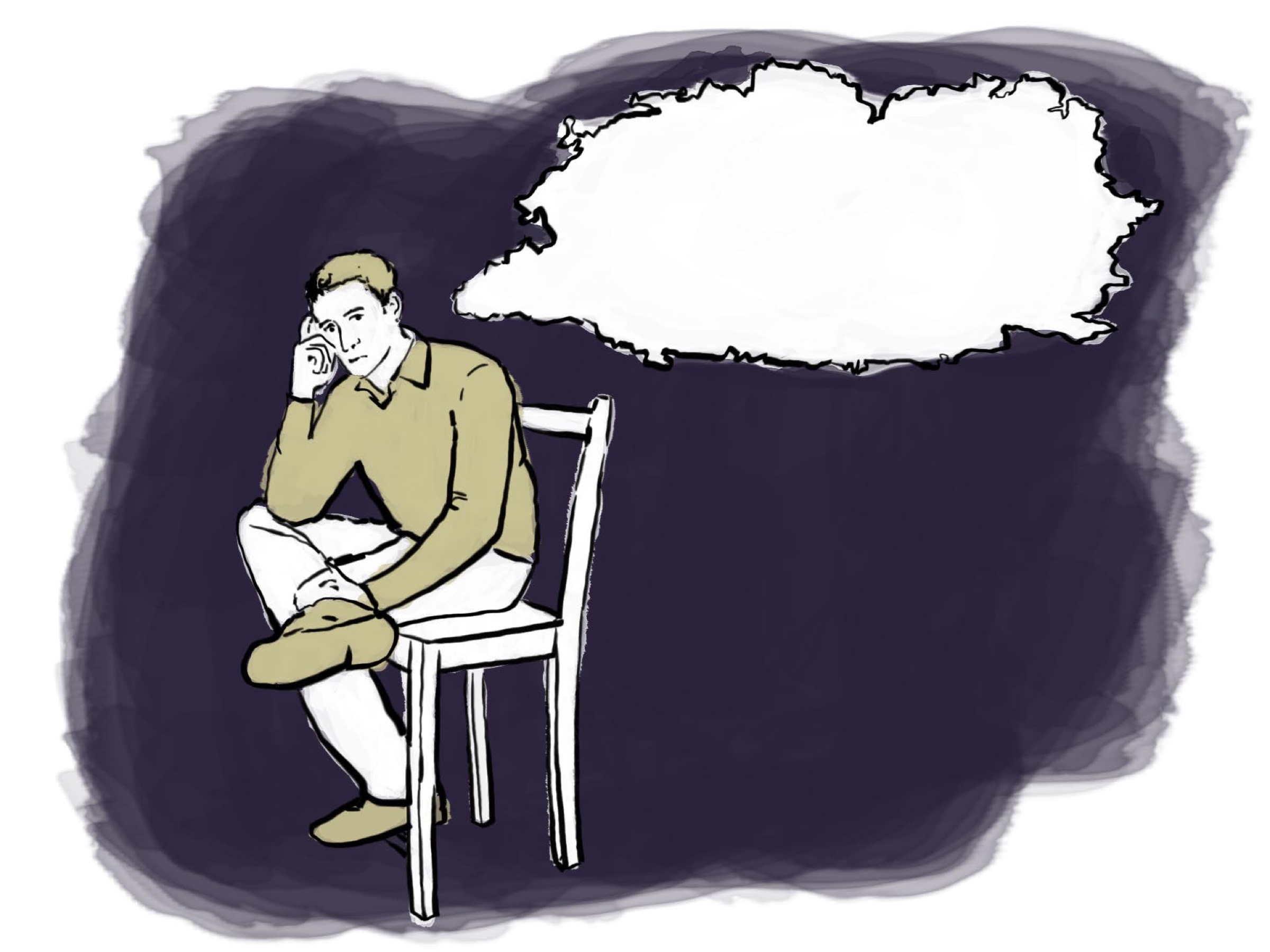Throwback Thursday has always been a thing and now it’s easier than ever
Most Concordia students have never lived in a world without “Saturday Night Live” and that’s probably a testament to the show’s quality, or at least our hunger for topical sketch comedy. The recent SNL 40th anniversary show was pure nostalgia, like the kind you may have felt visiting your hometown haunts during Reading Week.

SNL’s retrospective special walked me through the halls of my high school, where good friends reenacted sketches so hilariously that I didn’t care about having missed the show. But I’m not 40, I’m 25, so why am I already nostalgic for the past? Throwback Thursday shouldn’t be a thing among students in their 20s, right?
Well, a big part of nostalgia is reliving formative experiences. I’m not the person I was back in high school but, the person I am right now owes a lot to the experiences of a certain lovesick bookish nerd with self-image issues: me. We rehash our foundations in university to arts students studying classical works and the sciences reviewing foundational axioms and theories.
When you’re considering how to go forward, it makes sense to look back.
This is especially true in relationships. Remembering the good times we’ve had and the trials we’ve lived through together can ground and strengthen our confidence in our friends.
So nostalgia can be good, but that doesn’t mean it can’t be dangerous.
Our long term memories can be rather selective and, just as in life, we often find only what we’re looking for. Bouts of nostalgia are a way of looking for comfort; specifically, the kind of comfort a stack of cookies provides.
As much as I’d like to, I simply can’t go back to being a headstrong (but very promising) Jedi Padawan, aged nine. Neither can I go back to the furious digital brotherhood of Halo 2, circa 2004. Those were good times but life is a straight line, not a series of circles, therefore a touch of nostalgia has its uses but should be handled with care.
While nostalgia sounds like the problem of the middle-aged, trending hashtags like #ThrowbackThursday (#tbt) show us how the digital age facilitates the ever-popular practice of the “throwback.” Facebook’s timeline scrolls through the years and, for active users, probably works better than our own memories. But #ThrowbackThursday is a symptom, and symptoms have a source. That source is, in all likelihood, the relentless pace of change in the 21st century. I graduated high school before the iPhone existed; I remember passing notes and LAN parties. As change continues and continues to accelerate, it’s safe to assume that the pull of nostalgia will live on, unchanging.
The “good old days” will always exist. For me that’s Saturday mornings with my brother playing Final Fantasy and The Legend of Zelda, but when we look back, and want to go back, we’re dreaming an impossible dream. We’re longing for something we’ll never ever touch again.
I say this as a shameless lover of the past with a history degree: steer clear of excessive nostalgia. Feel free to indulge in the helpful bits but consider these final thoughts when tempted to go too far down the rabbit hole.
Do you miss ‘90s cartoons? Fine. Can you draw or write? Well, you can be a part of forming defining experiences for the next generation. Plug-in anything you’re nostalgic for and do an inventory of the skills you can bring to bear on that slice of culture. The only good reason to look back is to find a way forward.
Nostalgia’s a mixed bag, but there’s not much worth in wishing we could have our good old days back. Instead we can start making some great new days for someone else.




